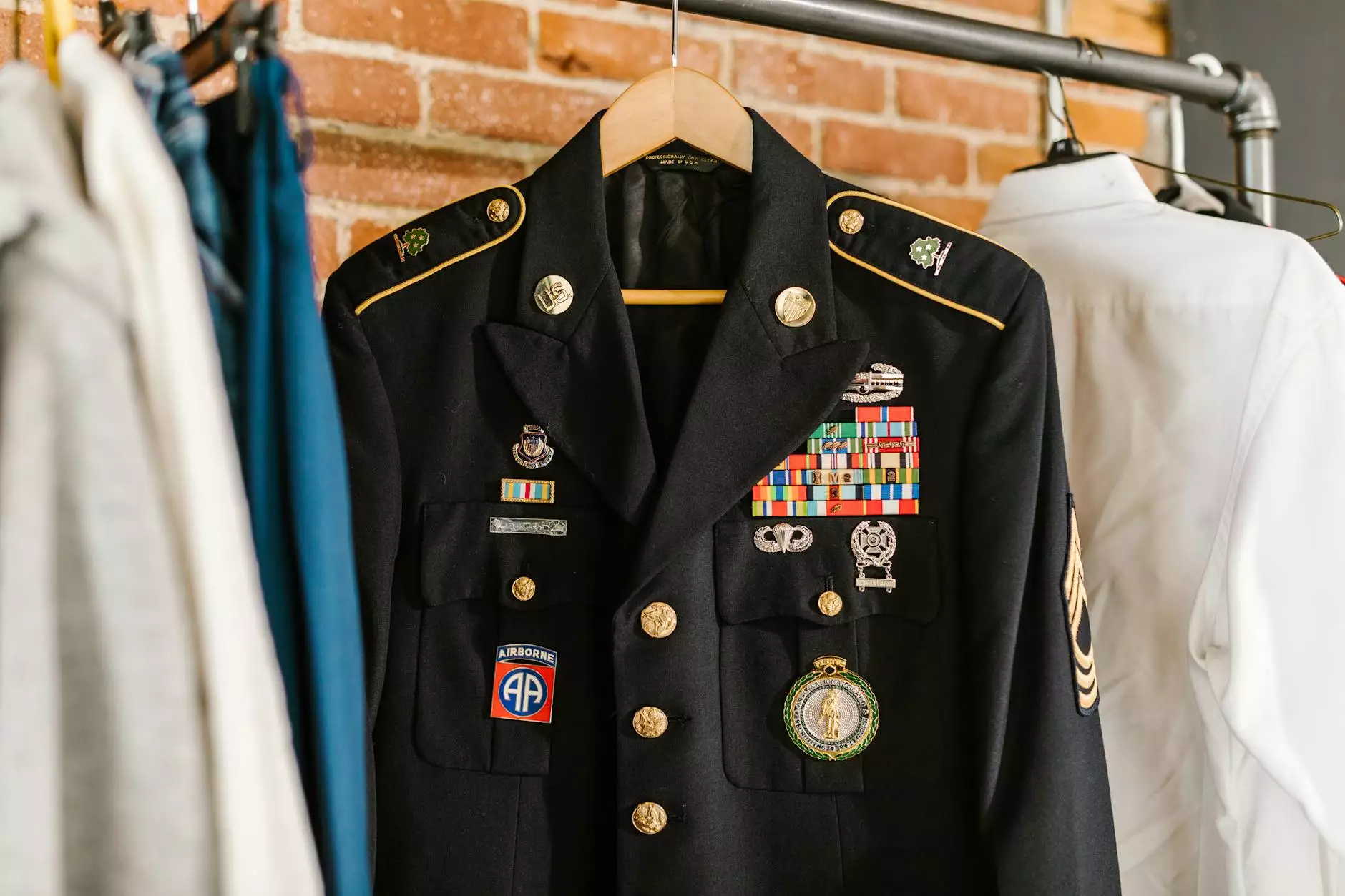Embracing Community Through Black Churches in NYC

In the bustling metropolis of New York City, the significance of black churches is profound. These sacred spaces are more than just places of worship; they are pivotal community centers that foster connection, support, and healing. This article delves into the rich history, cultural significance, and the multifaceted roles these churches play in the lives of their congregants and the broader community.
The Historical Foundations of Black Churches in NYC
The roots of black churches in NYC can be traced back to the time when African Americans first arrived in the city. From the early 19th century, these churches emerged as bastions of hope and resilience amid a backdrop of racial oppression and social injustice. The sanctuaries became places where individuals could gather, share their experiences, and find solace in their faith.
Major Milestones
- The Abyssinian Baptist Church: Founded in 1808, it stands as one of the oldest black congregations in America, symbolizing a powerful legacy of spiritual and social activism.
- The National Black United Front: Established by black churches in the city, this organization strives for social justice, civil rights, and community upliftment.
- The Role of the AME Church: The African Methodist Episcopal Church has been critical in advocating for civil rights, educating the community, and providing resources to those in need.
Community Impact of Black Churches
The influence of black churches in NYC extends deeply into the fabric of community life. These institutions are often at the forefront of social change, using their platforms to address pressing issues affecting African American communities.
Social Services and Programs
Many churches provide a wide range of social services that cater to various needs:
- Food Pantries and Meal Programs: Churches offer food assistance to combat food insecurity, providing nutritious meals to struggling families.
- Educational Initiatives: After-school programs, tutoring, and scholarship opportunities are frequently organized to empower the youth academically.
- Health and Wellness Programs: Many congregations host health fairs, exercise classes, and mental health workshops to promote overall well-being within the community.
Advocacy for Social Justice
During critical moments in history, from the Civil Rights Movement to contemporary issues of racial inequality, black churches have served as pivotal platforms for advocacy. Clergy often use their voices to mobilize congregations for marches, protests, and campaigns addressing injustice.
Cultural Significance of Black Churches in NYC
The cultural fabric of black churches in NYC is rich and diverse. They play a crucial role in preserving African American culture, traditions, and heritage. The music, art, and teachings found in these churches create vibrant and uplifting experiences that resonate deeply with congregants.
Music and Worship
One of the most recognizable features of black churches is their dynamic worship style, heavily influenced by African American musical traditions:
- Gospel Music: This genre, rooted in the spirituals of enslaved Africans, uplifts the soul and reinforces the community’s resilience and hope.
- Choirs and Praise Teams: Many churches boast renowned choirs that engage the congregation and create a vibrant atmosphere of worship.
Celebrations and Events
Black churches also serve as venues for significant community celebrations:
- Black History Month Events: Churches commemorate this pivotal month with educational programs, guest speakers, and cultural showcases.
- Family and Community Days: These events strengthen community bonds through food, fellowship, and fun activities for all ages.
Building a Sense of Belonging
At the core of black churches is a profound sense of community and belonging. These churches provide a haven for individuals seeking connection, support, and a shared identity.
Fostering Relationships
With their emphasis on fellowship, black churches facilitate relationships among congregants that extend beyond the walls of the sanctuary:
- Small Groups and Bible Studies: These gatherings allow deeper connections and mutual support among members.
- Mentorship Programs: Older members mentor younger generations, nurturing growth and leadership within the community.
Providing Emotional and Spiritual Support
Black churches often become safe spaces for individuals grappling with personal challenges:
- Counseling Services: Many churches offer pastoral counseling to assist those experiencing grief, trauma, or interpersonal issues.
- Support Groups: Specialized groups address topics such as addiction, loss, and recovery, creating a network of support and understanding.
Promoting Family Values
Family is central to the mission of black churches. They advocate for the nurturing of strong, healthy family units as a foundation for community strength.
Programs for Families
Churches offer various programs aimed at nurturing family bonds:
- Marriage Enrichment Workshops: These sessions focus on enhancing communication and understanding within marriages.
- Children’s Ministry: Engaging children in biblical teachings encourages the formation of a strong spiritual foundation from an early age.
Advocating for Healthy Relationships
Beyond spiritual guidance, black churches advocate for positive, healthy relationships, offering resources and education on family dynamics and conflict resolution.
The Future of Black Churches in NYC
The future of black churches in NYC holds great promise, as they continue to adapt to the changing needs of their communities. The rise of technology and social media has created new opportunities for outreach and engagement.
Embracing Technology
Many churches have embraced technology by:
- Live Streaming Services: Offering online worship services allows those unable to attend in person to participate meaningfully.
- Social Media Engagement: Churches use platforms like Facebook and Instagram to share uplifting messages, events, and community services.
Strengthening Interfaith and Community Ties
In an increasingly diverse NYC, black churches are forging interfaith partnerships to promote unity and shared values:
- Collaborative Initiatives: Joint community service projects with other faith groups amplify resources and services.
- Shared Dialogues: Open discussions on social justice topics encourage understanding and cooperation among different communities.
Conclusion
In conclusion, the role of black churches in NYC extends far beyond their spiritual mandate. They are vital community anchors that promote social justice, cultural preservation, and emotional support. As they continue to evolve and embrace new challenges, these churches remain a cornerstone of hope, resilience, and connection in the urban landscape. Their lasting impact on individuals and families is irreplaceable, affirming that faith and community light the way forward.
To learn more about the vibrant community and services of black churches in NYC, consider visiting Bridge Church NYC, where the spirit of community comes alive.
black churches nyc








